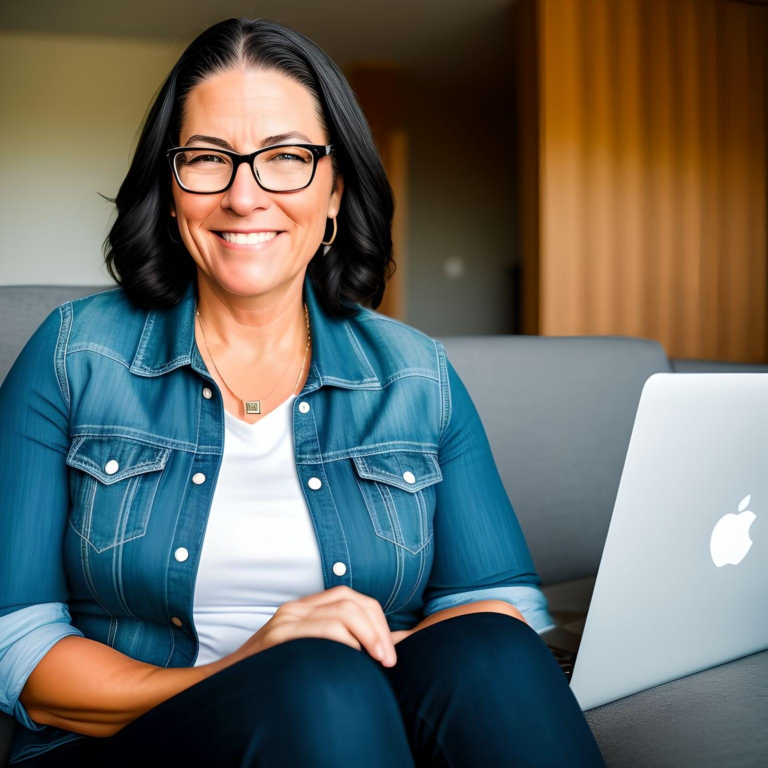YouTube’s defense relies on Section 230, which has been a critical legal foundation for internet companies. They contend that this section shields them from responsibility for user-generated content. Furthermore, they assert that requiring platforms to screen and remove all potentially fraudulent content would be an unreasonable burden, potentially stifling the free flow of ideas online.
Other individuals allege that YouTube not only allowed the fraudulent videos to remain on their platform but also profited from them through advertising revenue. Wozniak and the other plaintiffs argue that by doing so, YouTube went beyond passive hosting of content and actively contributed to the fraud.
Tides Might Be Turning
The appeals court hasn’t reached a final decision yet. But their willingness to consider Wozniak’s case suggests there might be exceptions to Section 230’s protections after all. If the court rules against YouTube, it could set a precedent influencing how internet platforms are treated under the law in future cases involving similar issues. The plaintiffs, including Wozniak and 17 others, allege significant financial losses due to these scams.
Some people say they’ve lost a lot of money because of these scams. They blame YouTube and Google for not doing enough to stop them or fix the problem afterward.
Finding a Way Around Legal Safeguards
The lawsuit was started in July 2020, making accusations like fraud, lying, and carelessness. It was thrown out at first because Section 230 protects companies like these from such claims. But now, an appeals court is looking at the case again, focusing on something specific, how YouTube gives out verification badges. The people suing argue that these badges made the scamming channels look official, which made things worse.
The appellate court’s detailed look at this shows there might be limits to the protection Section 230 offers. It points out that what a company is like giving out those badges might play a big part in helping the scams happen.
If platforms like YouTube don’t filter out illegal material, they may end up being responsible. This new way of looking at the law could majorly change how we see online platform’s duties.
Legal Talk and Judge’s Take
- Judges looked closely at the reasons why YouTube should be blamed for scam content and their choices in handling it.
- They realized that even though scammers used YouTube to trick people, the big question was if YouTube did more than just store videos specifically if they actually helped the scams by giving out those verification checks.
The court agreed there might be something to this checkmark thing, but also said that those suing need to show a clearer link between the badges and the scam. The study gave the issue a second look, centering on the importance of verification badges in scams.
Broader Effects and What’s Next
The impact of this lawsuit goes way past the immediate problem of fake cryptocurrency schemes on YouTube. It raises big questions about keeping digital places safe but still letting tech grow. Because the appeals court decided to let the case keep going, based mainly on YouTube’s use of check marks, we might see new ways of how online protections are used today.
This courtroom fight is under a microscope because it might change what web services have to do about content made by their users. This could make them have to watch over content better, maybe even stepping in more often.
A Big Internet Law Case
Wozniak and others sued YouTube, which is a big deal in how we think about internet sites’ legal safety net. It questions old ideas of how much these sites have to answer for stuff that happens to them. This is tricky because the web is complicated! As this lawsuit goes on, it could change how we see laws like Section 230, which protects these sites. We might get new rules for how much online places have to do to prevent fake stuff.

Celine Brooks is a renowned journalist and author specializing in cryptocurrency and blockchain technology. She holds a Master’s degree in Economics from Harvard University and is very passionate about Crypto. Celine regularly hosts webinars and workshops, sharing her insights and forecasts about the evolving digital currency landscape. She is also an active contributor to several leading financial and tech publications, where she breaks down complex crypto trends into understandable insights for everyday investors.

